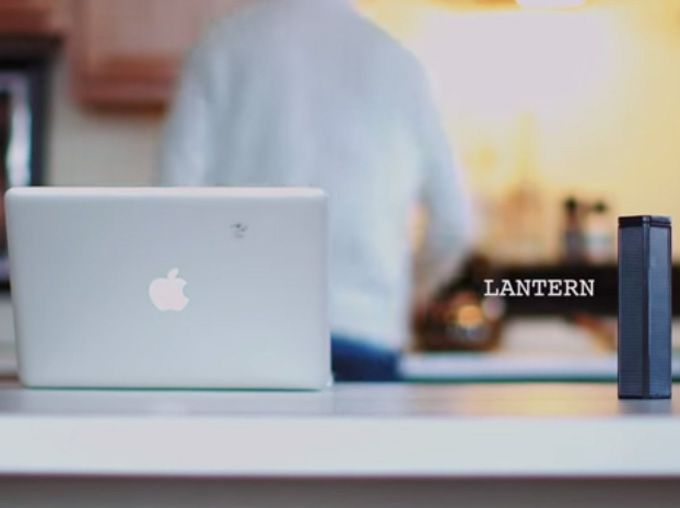Q: What would YOU want in your Outernet Library? Please post your answer in the comments below (also specify your location).
Bollywood movies beamed from outer space – it sounds almost too good to be true, but in some respects it could happen within a few months. There is an enormous problem in India and most of the rest of the world: people cannot get online, which means they cannot access really great content. The Internet is, in essence, an enormous library – the largest ever assembled – and many cannot enter it. Globally, around 4.3 billion people lack Internet access. In the United States, 10% of the population are still in the dark. In India, that figure is 85%.
It is seemingly ironic, then, that I might call India one of the most media rich countries on Earth, but I believe it is. The Indian film industry, of which “Bollywood” is only a subset, is the largest on Earth by far. Indian music, literature, and academia all have a rich history. The latest national election played out quite intensively on social media; Narendra Modi is one of the most followed politicians on Twitter in the world. And unlike many countries whose populations are enamored (some would say overly enamored) with the media culture of the West, I have frequently observed that Indians are perfectly happy to keep to their own creations. It is analogous to the role played by the English language – it is a convenient global asset to have, but most conversations still happen in Indian languages.
Given all of this amazing cultural material created by Indians over the centuries, the question then becomes how do we open the doors to the library? Google Loon is working on balloons that carry an Internet access point in the sky and Mark Zuckerberg was just in India as part of his Internet.org initiative, but I have an idea that could be operational in India within the year. Actually, “idea” is the wrong word – this plan is already operational on four continents. This plan is to continuously beam humanity’s best work from satellites to everyone. All for free. It is called Outernet.
When I first met her, MissMalini was the DJ for a Pirate Radio music show and radio is actually an exceptional analogy for how Outernet works. Instead of radio towers, we use satellites so we can cover more area. We broadcast radio waves like FM radio, but instead of carrying music they carry data. These waves are picked up by a receiver – the equivalent of a radio in this analogy – and are turned into files that the receiver stores on its drive. Then, instead of playing music, the receiver emits a Wi-Fi signal to let you use the files it has collected. Imagine a radio that saves all the songs it receives, but instead of songs it saves news, all of Wikipedia, educational material, disaster alerts, books, and even Bollywood films. Right now, the receiver is as small as a flashlight, but we know we can make it as small as a chip that fits in your phone. Imagine if your phone constantly received free data from space?
Let’s stop imagining and start creating. Our IndieGoGo campaign ends on Sunday, January 11. You can support the expansion of Outernet and get our first mobile receiver, called Lantern. Think about what Indians could create if every single Indian could learn to code or study biology or read amazing works of literature. How much better would government function if every Indian had the up to date information necessary to hold their officials accountable? And, yeah, how awesome would it be to get movies, music, books, and an endless amount of other content for free all the time?
Help us create this world where everyone is a participant in the global marketplace of ideas. Visit our campaign and support us by pre-ordering a Lantern. Then, share it on Twitter and Facebook. Use the hashtag #LibraryFromSpace and tell us what you would like to have included in the broadcast. If you could pick one piece of content to share with the world, what would it be? A large part of what Outernet broadcasts is determined by users, so your suggestions will be heard. Add your ideas as comments to this article and share it with your friends to help open the conversation. We will give away a Lantern to an involved commenter with ideas for India’s future.
Outernet is Humanity’s Public Library and I am inviting India to join the movement.
To win a Lantern, please post in the comments below (specifying your location) telling us what YOU would like in your Outernet library. We will pick one winner.

